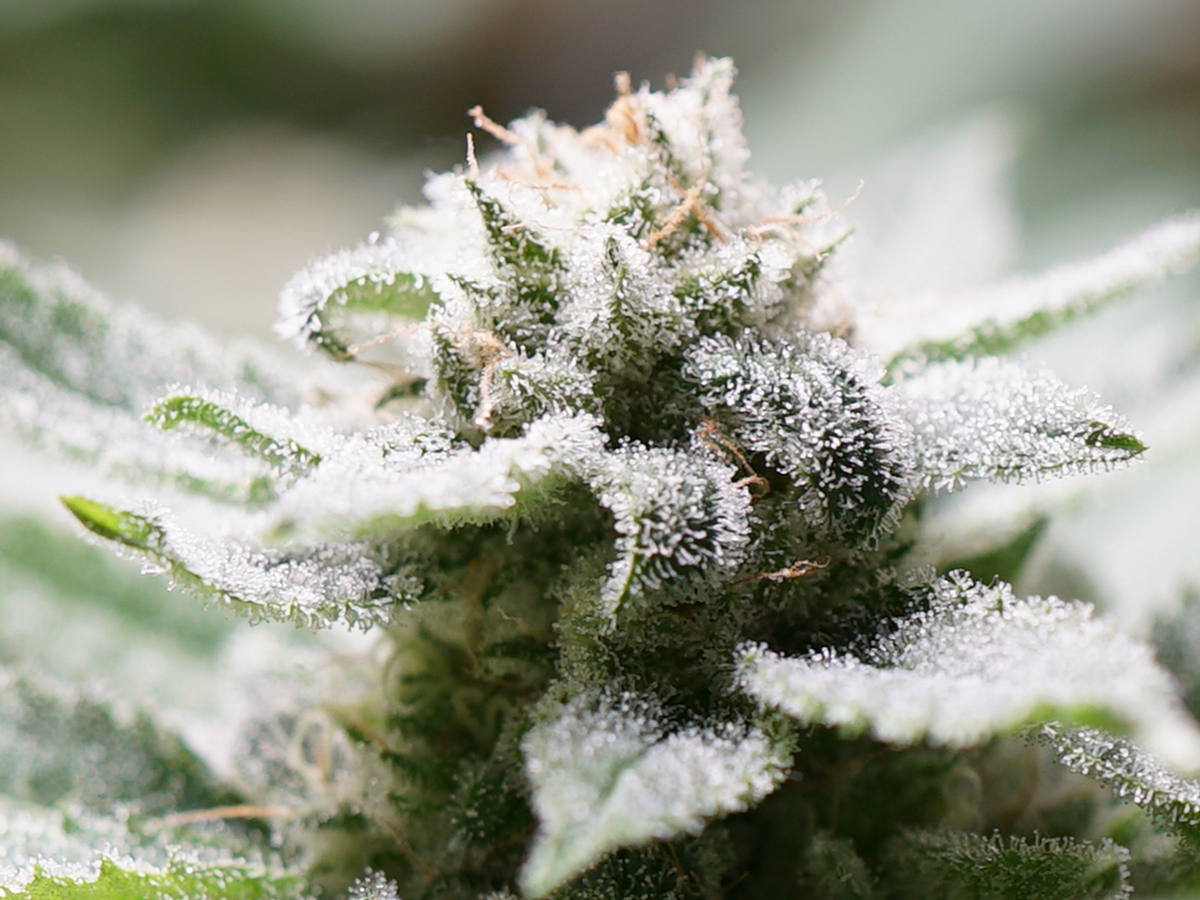About Cannabis?
Cannabis is a versatile plant that has been used for centuries for medicinal, recreational, and industrial purposes. Derived from the Cannabis sativa, Cannabis indica, and Cannabis ruderalis species, cannabis contains a wide variety of compounds, known as cannabinoids, that contribute to its diverse range of effects. The most well-known cannabinoids are tetrahydrocannabinol (THC), responsible for the plant’s psychoactive properties, and cannabidiol (CBD), known for its non-psychoactive therapeutic benefits.
A Brief History of Cannabis
Cannabis has a rich history, with its use dating back to ancient civilisations. Archaeological evidence shows that it was used in China as early as 5000 BC for medicinal and fibre purposes. It later spread to the Middle East and Africa, where it became an integral part of spiritual and healing practices. In Western societies, cannabis was first used medicinally in the 19th century before becoming stigmatised and criminalised in the early 20th century.
In recent years, however, the global perception of cannabis has been shifting. As research expands and more countries legalise its use, cannabis is becoming more widely recognised for its potential health benefits and industrial applications.
The Science Behind Cannabis
Cannabis contains over 100 different cannabinoids, each interacting with the body’s endocannabinoid system (ECS). This complex system is involved in regulating various bodily functions such as mood, sleep, appetite, and immune response.
- THC (Tetrahydrocannabinol): THC is the primary psychoactive component of cannabis, which produces the “high” often associated with marijuana use. It can also provide pain relief, relaxation, and euphoria.
- CBD (Cannabidiol): Unlike THC, CBD does not produce a high. It is valued for its therapeutic potential, helping to manage conditions such as anxiety, chronic pain, inflammation, and epilepsy.
- Other Cannabinoids: Beyond THC and CBD, other cannabinoids like CBG (cannabigerol), CBN (cannabinol), and THCV (tetrahydrocannabivarin) are being studied for their unique effects on the human body.
Medical Uses of Cannabis
The medicinal use of cannabis is one of the primary drivers behind its legalisation and growing acceptance. Many people are turning to cannabis as a natural alternative to pharmaceutical drugs for a wide range of conditions, including:
- Chronic Pain Relief: Cannabis has been shown to alleviate pain, particularly in individuals suffering from conditions like arthritis, multiple sclerosis, and neuropathy.
- Anxiety and Depression: Certain strains of cannabis, particularly those high in CBD, can help reduce symptoms of anxiety and depression by promoting relaxation without the psychoactive effects of THC.
- Sleep Disorders: Cannabis, especially strains rich in THC, can aid with insomnia by inducing sleep and improving sleep quality.
- Epilepsy and Seizures: CBD has gained significant attention for its ability to reduce seizures, particularly in rare forms of epilepsy like Dravet syndrome.
- Nausea and Appetite Stimulation: Cannabis is commonly used to help patients undergoing chemotherapy to reduce nausea and increase appetite.

Recreational Cannabis
In addition to its medicinal uses, cannabis is also popular for recreational use. When consumed recreationally, cannabis can produce feelings of relaxation, heightened senses, euphoria, and increased sociability. The effects depend on the strain, potency, and consumption method, with various strains offering unique experiences. Some users enjoy cannabis for its ability to enhance creativity, while others use it for relaxation and stress relief.
Industrial Uses of Cannabis: Hemp
Not all cannabis is consumed for medicinal or recreational purposes. The plant’s fibres and seeds can be used for a variety of industrial applications. Hemp, a non-psychoactive variety of cannabis, is incredibly versatile and can be used to make textiles, paper, biodegradable plastics, building materials, and even food products like hemp seeds and hemp oil.
Hemp grows quickly, requires minimal water, and is environmentally friendly, making it an attractive alternative to traditional crops for sustainable agriculture.
Legalisation and Global Perspectives
The legal status of cannabis varies widely around the world. While some countries, such as Canada and Uruguay, have fully legalised cannabis for both medicinal and recreational use, others maintain strict prohibitions. In many places, cannabis is legal for medicinal use but still restricted for recreational use.
In the United States, cannabis is legal for recreational use in several states and for medicinal use in many more, despite it remaining illegal at the federal level. As public opinion shifts and more research highlights the benefits of cannabis, more countries and regions are moving toward legalisation.

Methods of Consumption
There are numerous ways to consume cannabis, each offering a different experience and onset of effects:
- Smoking: The most traditional method, smoking cannabis allows for fast-acting effects, as the cannabinoids are absorbed into the bloodstream through the lungs.
- Vaporising: Vaporisation heats cannabis to a temperature that releases cannabinoids without combustion, offering a smoother, less harsh experience compared to smoking.
- Edibles: Edibles, such as gummies, chocolates, or baked goods, provide a slower onset of effects since the cannabinoids must pass through the digestive system. However, the effects are often longer-lasting.
- Tinctures: Cannabis tinctures are liquid extracts taken sublingually (under the tongue) for a faster onset than edibles but without the need for smoking or vaping.
- Topicals: Cannabis-infused creams, balms, and lotions can be applied directly to the skin for localised pain relief and anti-inflammatory effects without any psychoactive effects.
The Future of Cannabis
The future of cannabis is promising. As research into its medicinal properties continues, more applications for cannabis in healthcare, wellness, and industry are likely to emerge. With growing public support for legalisation and the increasing availability of cannabis products, the industry is expanding rapidly, offering consumers more options than ever before.
Whether for health, recreation, or sustainability, cannabis is poised to play an increasingly important role in modern society.

